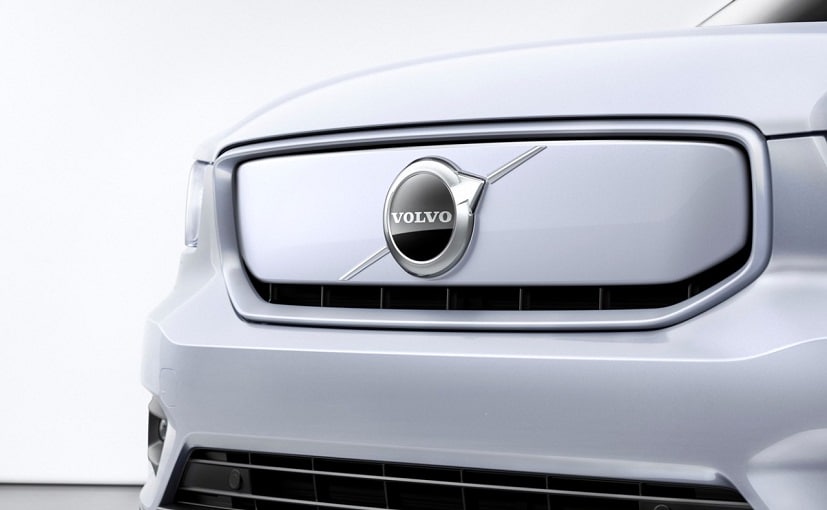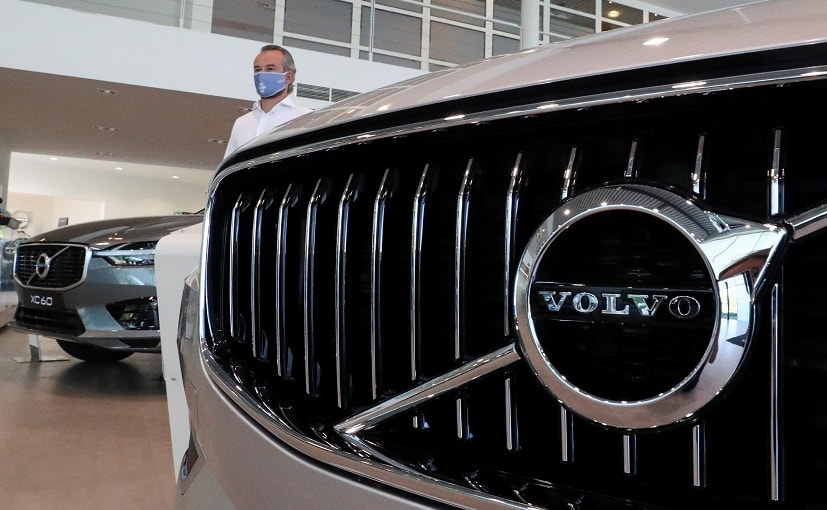Volvo’s Global Sales Grow By 40.8% In Q1 2021

Highlights
Volvo Cars reported the best first quarter in its history as the company's global sales increased by 40.8 per cent compared with the same period last year. Total sales during the period amounted to 185,698 cars, up from 131,889 cars in the same period last year. In Europe and the US, the company managed to improve sales compared to the first quarter last year, while managing to cope with the ongoing effects of the pandemic. China has by now recovered from the impact of the pandemic, which was peaked in Q1 2020.
Also Read: Volvo Cars Daqing Plant In China Is Powered By 100% Climate Neutral Electricity

In Europe and the US, the company managed to improve sales compared to the first quarter last year
For the month of March, Volvo Cars sold 75,315 cars globally, up 62.3 per cent compared with the same month last year. Volvo Cars' Recharge line-up of chargeable models, with a fully electric or plug-in hybrid powertrain, remained strong and accounted for 26 per cent of all Volvo cars sold globally in March. In Europe, the share of Recharge cars of overall sales was 39.0 per cent.
For the first quarter of 2021, Volvo Cars more than tripled its numbers of subscriptions sold online through its Care by Volvo offer, compared to the same period last year. It also saw a quarter-on-quarter growth of 22 per cent.
In China, sales increased by 117.7 per cent in the first three months of the year, compared with the first quarter the year before. With a continued strong demand for the locally produced S90, the company recovered and improved sales that were lost due to Covid-19 restrictions. Total first quarter sales reached 45,242 cars, increasing from 20,780 in the same period 2020.

In the first three months of 2021, the company's European sales grew to 87,457 cars, up 24.0 per cent compared to the same period last year.
In the January-March period, sales in the US for the company reached 27,239 cars. That is an increase of 39.8 per cent compared with the same period last year, which was affected by the pandemic as many states implemented stay-at-home orders.
In the first three months of 2021, the company's European sales grew to 87,457 cars, up 24.0 per cent compared to the same period last year. The increase was mainly driven by markets that managed to cope with pandemic-related shutdowns, as well as a strong sales increase in Sweden and the UK.
Latest News
- Home
- News
- Auto Industry
- Volvo’s Global Sales Grow By 40.8% In Q1 2021




















